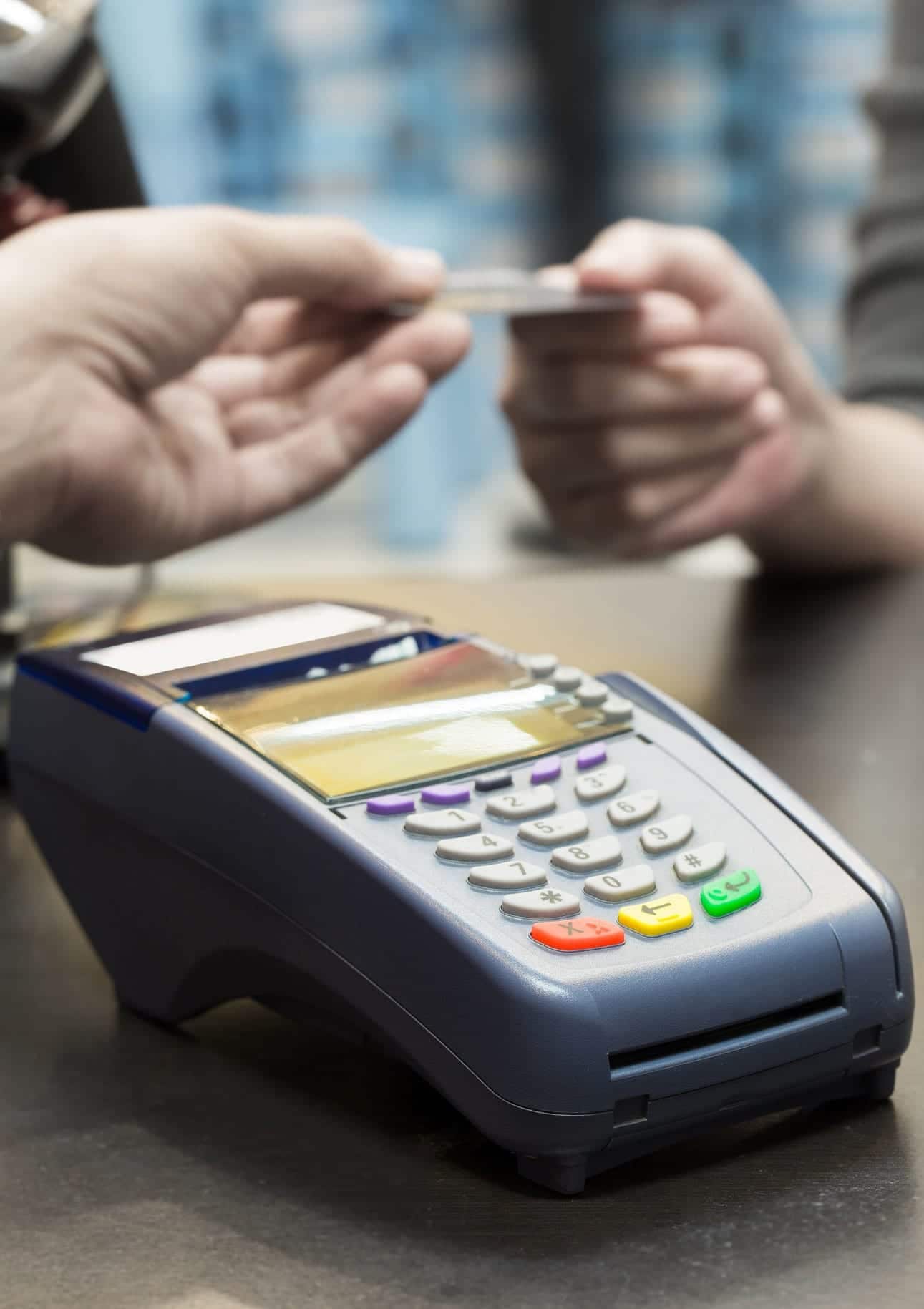Listen to the news and you’ll hear a lot of seemingly different illegal activities described as fraud. Sometimes, it may seem like just about anything that involves stealing is labeled fraud, and that new types of fraud are being invented every day.
This isn’t completely untrue, especially with the ever-evolving array of new technologies that we use to aid us in our daily lives. As technology and communication methods change, methods of fraud constantly change as well. To better understand fraud charges, you have to understand what constitutes fraud and how it is committed.
How Does the State of North Carolina Define Fraud?
In our state, fraud can be charged as either a criminal or civil offense that falls under the category of white collar crimes – nonviolent offenses that result in the loss of property or assets. Other white collar crimes include theft and embezzlement.
Fraud is the act of obtaining personal information or property through intentional acts of deception, theft, or coercion.
That is a pretty broad definition for one charge, but one of the reasons that this definition is necessary is that fraud is committed in new and different ways every day. The following are just a few basic and common examples of fraud that are a top priority of law enforcement officials throughout North Carolina:
Scams (E-mail, SMS, Phone, etc.). This is the type of fraud we usually see on the nightly news. It’s common and happens to everyday individuals. Any time that an individual or a business relays false information to a victim to gain the victim’s personal information or money, they are committing fraud.
A common example of this type of fraud is phishing emails that are disguised to look like a victim’s bank or credit card company asking the victim to submit or verify the password to their card.
“Skimming” and ATM Fraud. But money and personal information are not always obtained through a consenting (albeit deceived) party. “Skimming” is the process of gaining information through an electronic device hidden on an ATM. These devices act as cameras and record the card or pin numbers of unsuspecting victims who are using the ATM. These devices have a reputation for being undetectable.
Credit Card Fraud. Using personal information can allow fraudsters to make purchases or withdrawals with a victim’s credit card information. Other forms of credit card fraud include:
- Creating fake cards that are not linked to an account, but will still scan
- Physically stealing a credit card from the owner or from the owner’s mail
- Using stolen personal information to apply and obtain a credit card under someone else’s name
Insurance and Health Care Fraud. This is one that law enforcement and state officials are especially on the lookout for. If you lie or stage an accident or injury in order to receive insurance or health care payments, you have committed insurance fraud.
For example, say you set up a fire that causes damage to your home or property. When you file a claim with your insurance company, you say that electrical issues, a random act of arson, or extreme weather caused the fire. Pretending to be an innocent victim may get you some insurance money, but it could also get you charged with fraud.
If you are charged with fraud in North Carolina, make sure you take it seriously – because you can be sure the prosecutor will. Your best chance at a positive outcome is to contact a knowledgeable North Carolina fraud lawyer today and start building a strong defense.
About the Author:
Jan Elliott Pritchett is Managing Partner at the Law Firm of Schlosser & Pritchett and one of North Carolina’s top rated criminal defense attorneys. With a practice dedicated 100% to litigation, Mr. Pritchett protects the legal rights of clients who have been charged in federal and state criminal matters, as well as DUI/DWi, motor vehicle accidents, personal injury, and traffic violations. In practice since 1995, Mr. Pritchett has earned a reputation as a highly talented and fearless lawyer, being listed among the state’s “Legal Elite” and recognized as one of the Top 100 DWI Lawyers in North Carolina by the National Advocacy of DUI Defense. He currently serves as the Co-Chairman of the North Carolina State Board of Legal Specialization, Criminal Law Specialty, and Vice-Chairman of the North Carolina Bar Association, Criminal Justice Section.









